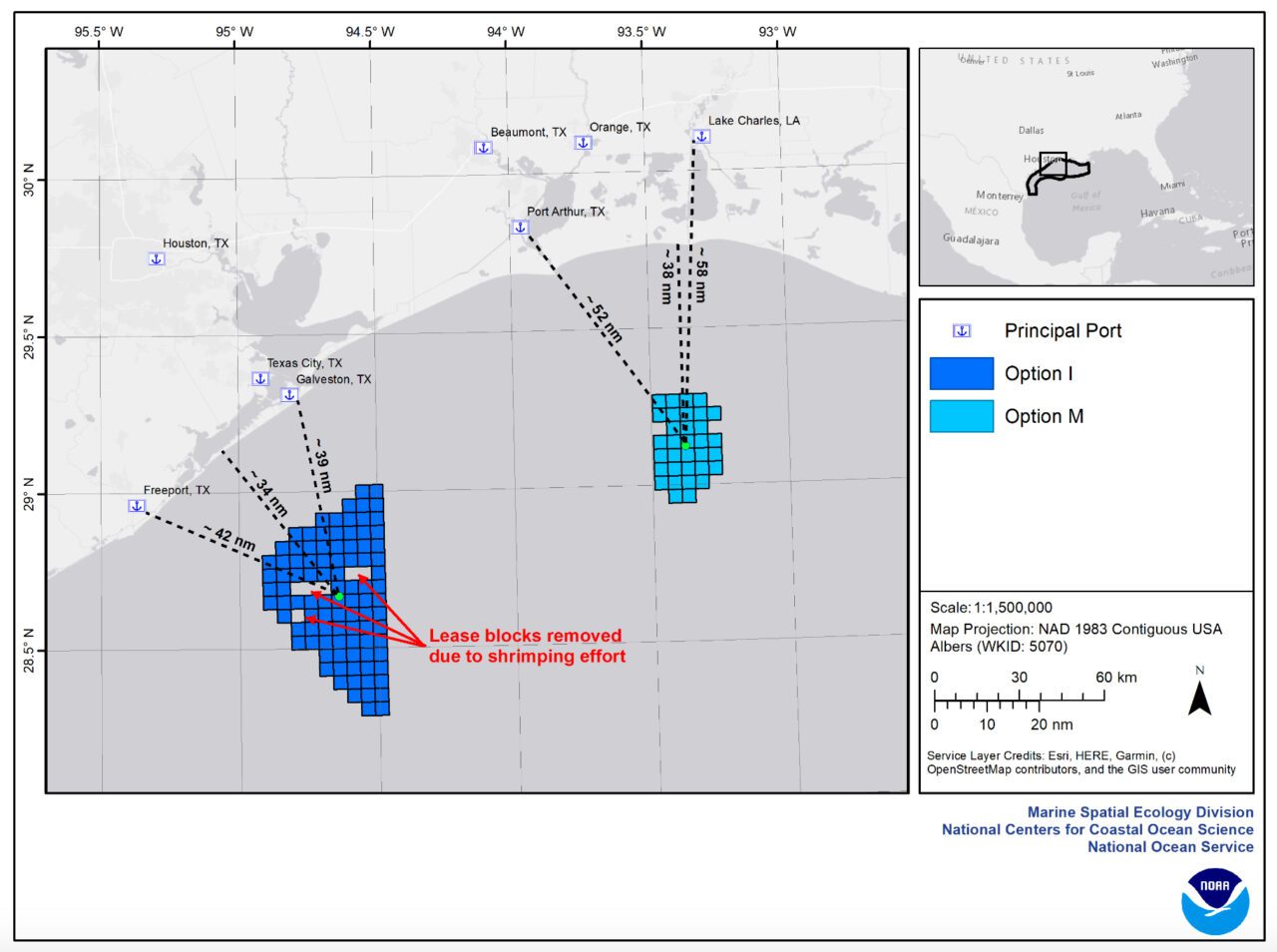[ad_1]
A rare river fish in northern New Mexico received the highest federal protections as an endangered species Monday, following legal actions from environmentalists and backlash from state agencies.
The peppered chub grows to about three inches and is native to multiple Great Plains states including New Mexico, Texas and Oklahoma.
Today, the chub only dwells in about 6 percent of its historic range in South Canadian River, the longest tributary of the Arkansas River that starts in Colorado and flows east to Oklahoma.
More:New Mexico lawmakers call on feds to save endangered species, align with Biden’s 30×30 plan
It passes through a portion of northeast New Mexico and the Northern Texas panhandle, the region where the chub now struggles to survive due to increasing drought.
The U.S. Fish and Wildlife Service also designated 872 miles of the chub’s current habitat as critical, meaning additional restrictions would be imposed to protect the fish’s environment.
That includes 197 miles of the upper South Canadian River and Revuelto Creek in Quay County that crosses into Texas, along with 400 miles in Texas and Oklahoma and another 275 miles in Oklahoma’s Cimarron River.
More:New Mexico congresspeople help push bill to fund wildlife recovery through U.S. House
In its announcement of the listing, the Fish and Wildlife Service pointed to loss of stream flow, fragmentation, decreased water quality and invasive species as main threats to the fish, along with the impacts of climate change.
The Fish and Wildlife Service also argued no “sufficient” conservation efforts were yet undertaken to save the species.
Plans to breed and repopulate peppered chubs were underway, but yet to be finalized, records show.
More:Feds release plan to restore rare New Mexico mouse after years of debate with landowners
“We are aware of no conservation efforts at this time that sufficiently reduce or remove the identified threats to the species and the threats continue to affect the species such that listing is warranted,” read the listing published Feb. 28 in the Federal Register.
New Mexico agencies worry listing could disrupt conservation efforts
The New Mexico Department of Game and Fish, in public comments submitted Jan. 28, argued conservation efforts were already underway in New Mexico and that private lands should be excluded from the critical habitat designation to maintain the relationships between the agency and landowners.
Other state agencies voiced similar concerns for listing, citing their respective, ongoing efforts to conserve the chub in collaboration with private landowners along the river.
More:Here’s how the oil and gas industry could help save a nearly-extinct bird in New Mexico
“We believe that the critical habitat designation in New Mexico will provide marginal recovery for the species and could have unintended consequences for Peppered Chub conservation efforts and recovery implementation,” wrote Kirk Patten, chief of New Mexico Game and Fish’s Fisheries Management Division.
“Therefore, the Department requests that the Service exclude privately owned portions of the Peppered Chub range in New Mexico from critical habitat designation to avoid jeopardizing our access agreements and future conservation work on these private lands.”
New Mexico Secretary of Agriculture Jeff Witte submitted comments in opposition to the listing in which he contended that listing the chub would interrupt ongoing conservation efforts of the State and private landowners.
More:Looking back: Federal actions in 2021 could save New Mexico’s rarest species
“Many western states, including New Mexico, have demonstrated success in addressing watershed health and conservation issues using cooperative partnerships,” Witte wrote.
“Listing the peppered chub as endangered would only undermine these partnerships, as it would add another layer of species-based regulations that would need to be addressed in repairing habitat degradation.”
He argued Quay County’s 613 farms and ranches bring in about $39.5 million to New Mexico’s economy, an economic impact that could be threatened by a listing.
More:Forest Service seeks 20-year block on oil and gas in cave system
“Any additional regulations as a result of listing the peppered chub as endangered and the creation of additional critical habitat will create negative fiscal impacts for agricultural operations,” Witte wrote.
Conservation groups argue protection could address climate change
Environmentalists said efforts to far to save the chub were inadequate, and a listing could help the federal government mitigate man-made impacts of climate change.
Michael Robinson at the Center for Biological Diversity said the listing and subsequent federal actions would serve as a final effort to prevent the chub’s extinction.
More:New Mexico Sen. Martin Heinrich’s bill to save animals from extinction heard in US Senate committee
“Peppered chubs are barely getting this lifesaving protection in time,” Robinson said. “Under the Endangered Species Act, habitat protection, captive breeding and reintroduction can keep these exquisite fish from going extinct.”
He said the riparian, or river-based, habitat where the chub dwells was over-exploited by agriculture and other industries, and coupled with climate change and worsening drought throughout the west, threats to the chub became increasingly dire in recent years.
The Center filed a lawsuit in 2020 against the Fish and Wildlife Service for alleged inaction on the chub and 240 other species, per a news release, after petitioning for the fish’s listing since 2007.
More:Environmental policies mostly fail during New Mexico’s budget-focused legislative session
“Peppered chubs once shared their rivers with thirsty bison, but their habitat has been over-exploited and now these fishes are in deep trouble,” Robinson said. “We can retain a small but beautiful part of the circle of life on the Great Plains through this endangered listing and critical habitat protection, and I’m relieved and grateful.”
Santa Fe-base WildEarth Guardians also supported the listing, said the group’s Wild Rivers Program Director Jen Pelz who argued such actions could help preserve water quality in the American West and begin shifting policy toward protection of rivers and streams throughout the region.
“The peppered chub, like many aquatic fish species, are drastically declining due to unsustainable use of western rivers and climate change,” she said.
“In order to turn the tides away from extinction, fundamental reform of western water policy is necessary and bold steps must be taken toward creating more climate resiliency for river ecosystems.”
Adrian Hedden can be reached at 575-628-5516, achedden@currentargus.com or @AdrianHedden on Twitter.
[ad_2]
Source link















